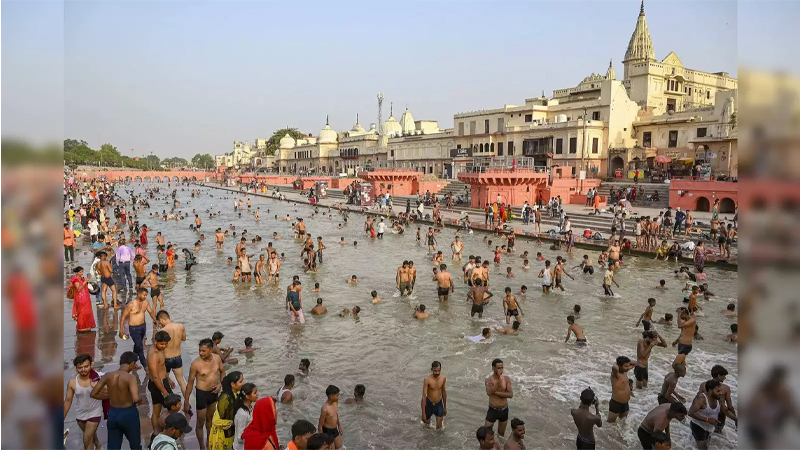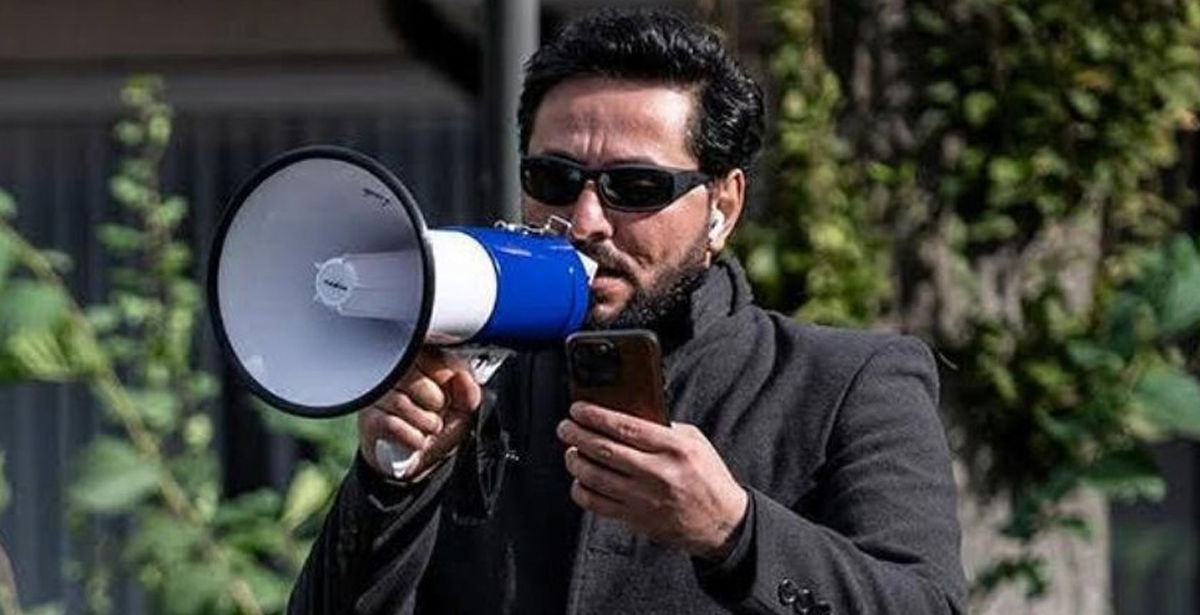The annual human rights assessment released by the US State Department has drawn attention to “significant” abuses in India, particularly spotlighting the northeastern state of Manipur, as well as issues surrounding press freedom across the nation.
In Manipur, the report sheds light on the intense conflict between the tribal Kuki-Zo and the Meitei populations, escalating after a court order suggested extending minority privileges to the Meitei community. More than 200 casualties have been reported amid the fierce clashes between the two groups. Additionally, the report highlights the displacement of over 60,000 individuals between May and November in Manipur.
While the Indian embassy in Washington has yet to respond to the report, it also addresses broader concerns within India. The State Department’s assessment underscores instances where the government and its allies allegedly pressured or harassed media outlets critical of the administration.
A notable example cited is the Income Tax Department’s search of the BBC’s offices in early 2023 following the release of a documentary critical of Prime Minister Narendra Modi. Despite government assurances that the search was not retaliatory, concerns persist regarding press freedom in the country. India’s ranking on the press freedom index by Reporters Without Borders hit a historic low of 161 out of 180 countries in 2023.
Moreover, religious minorities in India have reported discrimination, including incitements to violence and the dissemination of misinformation. Prime Minister Modi, who is currently seeking re-election for a third term, denies allegations of minority abuse, emphasizing that his policies are designed to benefit all citizens.
However, human rights groups argue that the situation has worsened under Modi’s leadership. They point to a surge in hate speech, the revocation of special status for Muslim-majority Kashmir, a controversial citizenship law labeled as “fundamentally discriminatory” by the United Nations, and the demolition of Muslim properties under the guise of removing illegal constructions.
Despite the recurring themes in the US report, political analysts suggest that Washington’s criticism of New Delhi remains tempered, largely due to strategic considerations. The US hopes that India will serve as a counterbalance to the expansionist policies of China, influencing the tone of its public statements regarding Indian affairs.











Leave a Reply